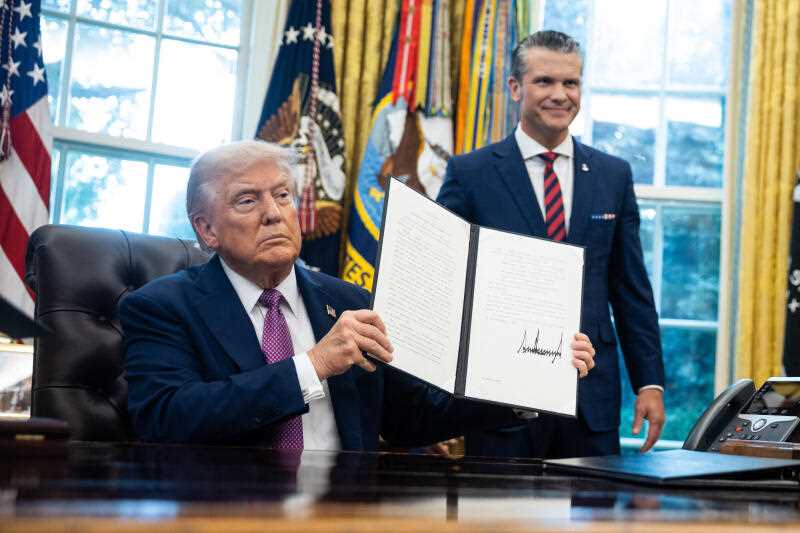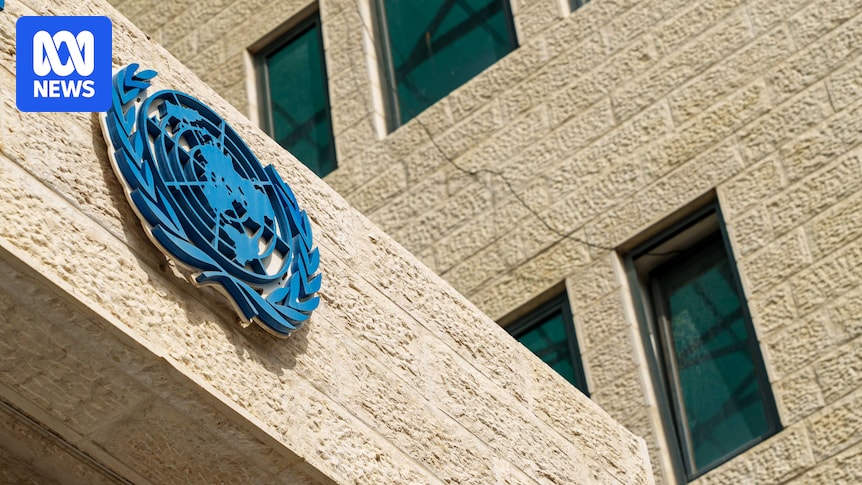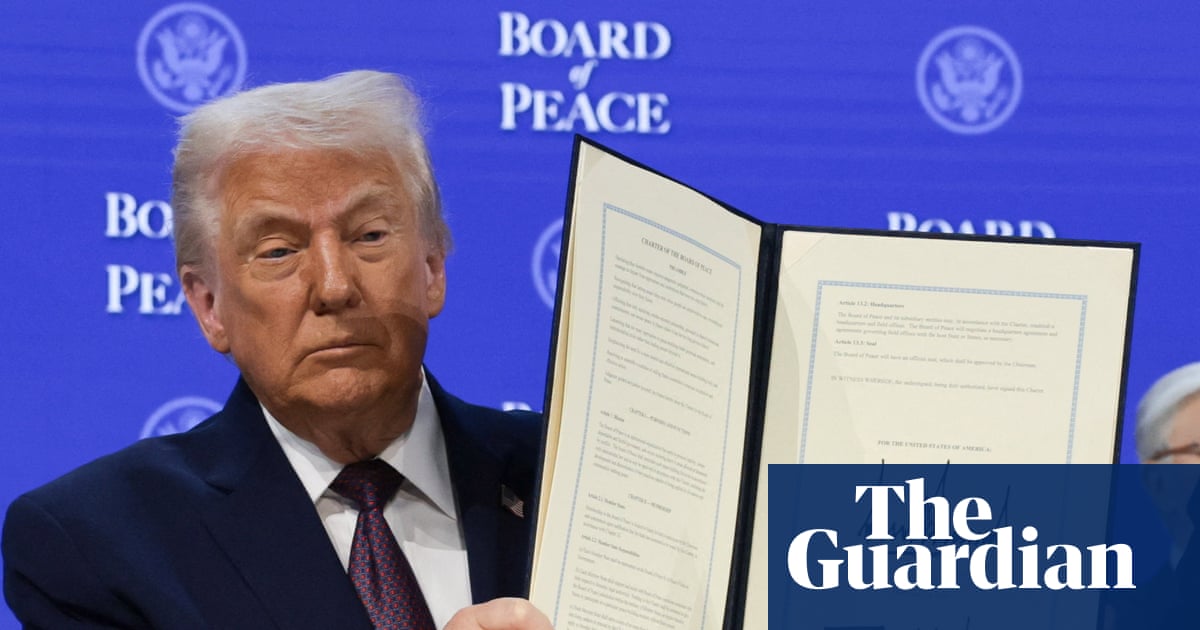
The Global Sumud Flotilla to Gaza was reportedly hit by a suspected Israeli drone attack on Tuesday while docked at the Sidi Bou Said port in Tunisian waters. Video footage from multiple sources confirms that a boat was struck from above with an incendiary device, igniting the vessel with crew on board, causing significant damage and endangering lives. The flotilla, which included high-profile participants such as activist Greta Thunberg and actor Susan Sarandon, has faced previous suspected attacks by Israel this year.
In response, the Israeli Diaspora and Antisemitism Ministry issued a report labeling the flotilla as a cover for Hamas activities, claiming it was an attempt to “whitewash the narrative of terrorist organizations and defame Israel.” This accusation was met with skepticism, as critics likened the ministry’s evidence to a “crazy wall” meme, suggesting a lack of substantive proof.
Escalating Regional Conflict
The attack on the flotilla is part of a broader pattern of Israeli military actions across the region. Between September 9 and 11, Israel reportedly conducted airstrikes in six sovereign nations, including Lebanon, Syria, Yemen, and Qatar. This unprecedented military campaign has drawn international concern, with many questioning the implications of such aggressive maneuvers.
According to regional analysts, Israel’s actions could destabilize the Middle East further and potentially lead to broader conflicts. The strikes in Lebanon’s Bekaa Valley and Syria’s Homs, Latakia, and Palmyra regions have been particularly contentious, drawing condemnation from affected nations.
Global Repercussions
Meanwhile, the geopolitical landscape is fraught with tension beyond the Middle East. A revolution in Nepal, political turmoil in France, and Russian drone attacks on Poland are just a few of the crises unfolding worldwide. These events, coupled with Washington’s naval blockade off the coast of Venezuela, suggest a world teetering on the brink of chaos.
Experts warn that the cumulative effect of these crises could lead to a global tipping point. A hypothetical “world tension meter,” akin to the nuclear doomsday clock, would likely indicate alarmingly high levels of instability. The interconnected nature of these conflicts highlights the potential for widespread repercussions.
Domestic Political Implications
Back in Australia, the Albanese government faces criticism for its handling of international relations and domestic policies. The government’s focus on social media regulations and diplomatic ties with nations like Fiji has been seen as insufficient in the face of global unrest. Critics argue that Australia’s political class remains disconnected from the realities of an increasingly volatile world.
Media coverage of these issues has been inconsistent, with some outlets accused of downplaying the severity of the situation. This has led to calls for more comprehensive reporting and accountability from journalists and media organizations.
The Path Forward
As the world grapples with these challenges, the role of Western governments in supporting or opposing aggressive military actions comes under scrutiny. Australia’s relationship with Israel, characterized by diplomatic and military support, is a focal point for debate. The country’s political leaders are urged to reconsider their stance and align more closely with public sentiment, which increasingly opposes such conflicts.
Ultimately, the attack on the Global Sumud Flotilla and the broader regional tensions underscore the need for a reevaluation of international policies and alliances. As global crises mount, the pressure on governments to act responsibly and ethically grows, with the potential consequences of inaction looming large.






